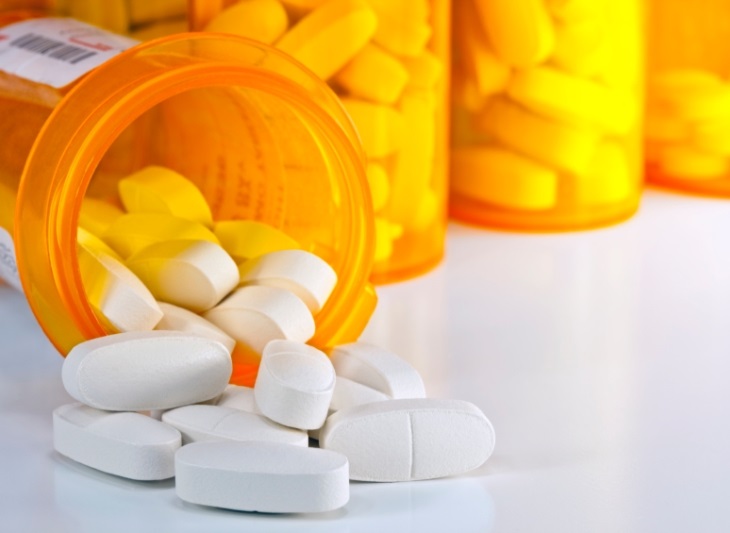Detection technologies improve drug safety

The spread of unsafe and counterfeit medicines is a serious problem and a coordinated global effort is needed to address this public health threat.
At the APEC Drug Safety and Detection Technology workshop this week in Beijing, China, regulators, customs officials, law enforcement officials, pharmacopeia officials, industry representatives, consumer organizations and detection technology industry representatives from the APEC region learned about drug safety detection technology best practices and worked together to develop strategies on how to make use of drug safety detection technologies to promote safe medicines.
A key supporter of the initiative in the United States, US Food and Drug Administration Commissioner Margaret Hamburg emphasized the importance of standards to protect against the scourge of counterfeit, falsified or substandard medicines.
“Counterfeit, falsified or substandard medicines have the potential to harm the health of individuals and the public health of APEC economies,” Dr Hamburg said from Washington, D.C.. “Improving the security of the supply chain for safe, effective and high quality medicines requires a global effort and APEC economies are taking an important step forward.”
“Drug safety detection technologies will help investigators and regulators identify these counterfeit, falsified or substandard products,” continued Dr Hamburg. “This will enhance the integrity of the drug supply and protect the public health."
The illicit trade in medicine also negatively impacts business, innovation, investments, economic development, and job creation.
“Some of counterfeit or falsified medicines are so similar to the genuine product that they deceive health professionals as well as patients,” said APEC Project Overseer Jeffrey Gren of the U.S. Department of Commerce.
“But they are always illegal and threaten health and safety, and at times could be deadly” he explained. “This workshop is part of APEC’s continuous efforts to address this public health challenge.”
The workshop builds upon previous efforts in APEC to promote safe medicines, which have focused on cooperation and strategies to combat counterfeiting and promote the quality of medicines.
During the workshop’s concluding session, participants agreed upon the following future activities:
- The development of a drug safety detection technologies guidance document, based upon members’ inputs, which will provide advice to APEC economies on how to integrate the use of drug detection technologies into a comprehensive program to improve drug safety and to stop the spread of falsified/counterfeit medicines.
- Possible future APEC drug safety and security projects and workshops, in implementation of the APEC LSIF Anti-counterfeit Medicines Action Plan, such as public awareness, strategies to stop internet sales of falsified/counterfeit medicines and drug safety good distribution practices.
# # #
For more information, contact: Augustine Kwan +65 6891 9674 at [email protected] or Michael Chapnick +65 6891 9670 at [email protected].
Details about APEC meetings, events, projects and publications can be found at www.apec.org or www.apec2011.gov. You can also follow APEC on Twitter and join us on Facebook.

